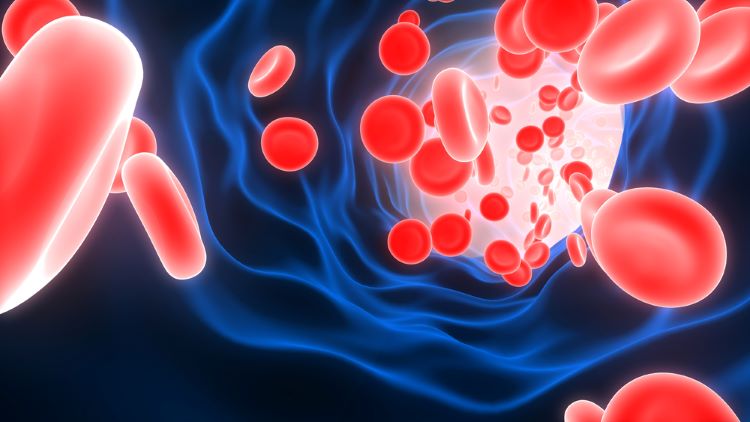FDA approves allogeneic stem cell transplant therapy
Posted: 19 April 2023 | Catherine Eckford (European Pharmaceutical Review) | No comments yet
The first allogeneic stem cell transplant therapy to be approved based on Phase III study results has been granted by the US Food and Drug Administration (FDA).


“The approval of Omisirge is a significant development in hematopoietic stem cell transplantation”
Omisirge® (omidubicel-onlv), now US Food and Drug Administration (FDA) approved, is the first allogeneic stem cell transplant therapy to be given marketing authorisation based on results from a global, randomised Phase III clinical study.
The treatment is indicated for patients 12 years and older with hematologic malignancies planned for umbilical cord blood transplantation, following myeloablative conditioning to reduce the time to neutrophil recovery and the incidence of infection.
“The approval of Omisirge is a significant development in hematopoietic stem cell transplantation,” shared Dr Steven M Devine, Chief Medical Officer at the National Marrow Donor Program® (NMDP)/Be The Match®.
Allogeneic stem cell transplant therapy
Allogeneic hematopoietic stem cell transplantation offers a potentially curative option for haematologic malignancies including acute myeloid leukaemia, acute lymphoblastic leukaemia, chronic myeloid leukaemia and myelodysplastic syndromes. This type of transplant uses cells from a donor other than the recipient.
Omisirge is a nicotinamide modified allogeneic cell therapy derived from cord blood. It is manufactured to enhance and expand the number of progenitor cells utilising proprietary nicotinamide (NAM) technology.
This process produces enriched hematopoietic progenitor cells. Thus it can help preserve their stemness, homing to the bone marrow and retained engraftment capacity, according to developer of the treatment, Gamida Cell.
In the global Phase III trial, Omisirge demonstrated a median time to neutrophil recovery of 12 days in the intent to treat population, compared to 22 days for standard cord blood.
Incidence of Grade 2/3 bacterial or Grade 3 fungal infections through 100 days following transplantation occurred in 39 percent of patients in the Omisirge arm and 60 percent of patients in the standard cord blood arm. Full results from the study are available in the journal Blood.
Adding Omisirge as a new donor source “could increase access to stem cell transplant for patients from racially or ethnically diverse backgrounds who struggle to find a fully matched donor in the registry,” Dr Devine commented.
“Patients who are Black or African American have just a 29 percent chance of finding a match via the donor registry versus a 79 percent chance for patients who are White,” explained Dr Devine.
Related topics
Clinical Development, Clinical Trials, Drug Development, Regulation & Legislation, Research & Development (R&D), Stem Cells, Therapeutics









